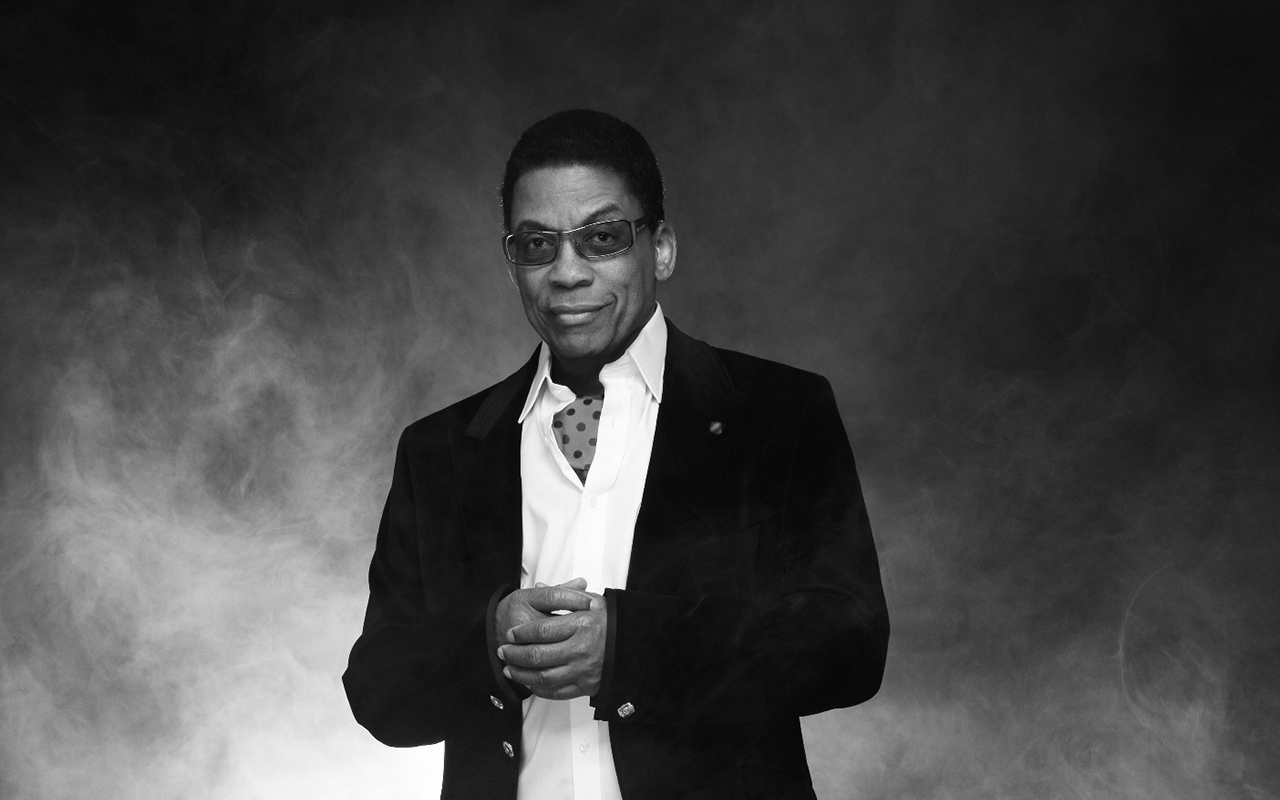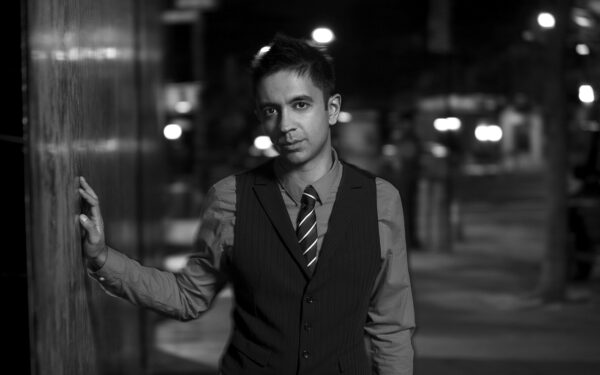
Herbie Hancock photo courtesy of TD Vancouver International Jazz Festival
June 21-July 1
Numerous Vancouver venues
www.coastaljazz.ca
The TD Vancouver International Jazz Festival, once one of the world’s premier events of its kind, now can claim to be one of North America’s premier community celebrations not only of jazz but a variety of other forms of music.
For years, tobacco-industry money enabled Coastal Jazz and Blues, the event’s organizer, to augment a chockablock calendar of local stand-outs with a vast array of European jazz and improvised-music avant-gardists. Due to changed government regulations, that source of funding went up in a puff, several years ago. But that does not seem to have deterred Coastal Jazz from continuing to believe it could find a different way.
It has. Its event features some 300 concerts, half of them free of charge, at 35 venues across Vancouver’s Lower Mainland and North Shore. The organization now presents scores of the region’s best musicians and a select, much-reduced number of internationally renowned performers. Among the latter, this year, is the Portuguese-Cape Verdean guitarist and vocalist Carmen Souza who will conjure up her transporting mix of West African rhythms and contemporary jazz and Brazilian strains, delivered in the creole dialect of Cape Verde with her sparkling quartet.

Vijay Iyer photo courtesy of TD Vancouver International Jazz Festival
Also on tap is soul vocalist Bettye Lavette, billed as “the sexiest female vocalist alive.” She recorded an R&B chart-topper at 16, went on to blossom in Motown, to accompany Cab Calloway on Broadway, and to release a disco smash hit. But she won international acclaim only with a Grammy-nominated 2007 album.
Sax titan David Murray is no stranger to Seattle jazz fans, thanks to several visits here during his decades of innovative, gritty, soulful, and varied output. In Vancouver, he appears with the Grammy-winning vocalist Macy Gray who boasts a voice that matches Murray’s trademark tone. Murray’s Infinity Quartet provides the booster power.
Among anticipated concerts are two from young stars. One is the bassist and vocalist Esperanza Spalding – “a smoldering cross between Jaco Pastorius and Adele” who in 2011 became the first jazz musician to win the Grammy for best new artist. Her skills have drawn calls from Prince, Paul Simon, Stevie Wonder, Wayne Shorter, Herbie Hancock, and Pat Metheny. She appears with her Afro-Cuban- and bossa-inflected chamber-jazz 12-piece, Radio Music Society.
The festival’s other young star is the whizz Canadian vocalist Nikki Yanofsky. The Montrealeuse would, frankly, make mince meat out of any all-world all-star showcase of x-factor, got-talent, and “idol” TV-contest winners. Since her early teens, she has charmed local, national, and international audiences, and has two poll-topping albums. Her stage patter might make her seem only her age – 19 – but when she sings, it’s with old soul and staggering skill. She prefers long-popular songs made popular by the likes of Ella Fitzgerald and Etta James, but leavens her shows with renditions of hits of contemporary stars like Feist. “I Believe,” a single from her second disc, Nikki, was the official theme of the 2010 Vancouver Winter Olympics and certified her as a gold- and platinum-selling artist. Quincy Jones has taken her under wing, and she has also performed with Wyclef Jean and Herbie Hancock.
Part of the appeal of the Vancouver festival has always been the attention the city pays to it. Hordes come out, particularly to free performances on center-city Granville Island. It’s always party-time, there.
In fact, unleashed mood and energy are hallmarks of the festival, overall. Ensuring it, this year, is the likes of Red Baraat. Like Yanofsky, the whooping, driving octet has had great success on Billboard and iTunes charts. Its 2013 album Shruggy Ji shows why. The Brooklyn-formed combo meshes cranked-up bhangra rhythms with jazz, funk, and hip-hop. Its tools include the dhol Punjabi drum, sousaphone, bass trumpet, and rollicking drums and horns. Tight as a post-GEC family budget, Red Baraat can rightfully boast of being able to spirit up a “fiery, sweaty, hedonistic celebration.” Even the Obama family got down to ’em, in the White House.
Nor can you go wrong with Vieux Farka Touré, the “Hendrix of the Sahara! Malinese guitar,” or fellow Malian Fatoumata (“Fatou”) Diawara, a vocalist (and peace activist) who draws on jazz, pop, funk, and her ancestral Wassoulou tradition.
Or, try Boi Akih, an Amsterdam-based recombiner of classical Indian, Indonesian, and African forms, pop-vibed and muddled with Dutch avant-jazz. Monica Akihary croons in the Haruku dialect of the Indonesian Maluku Islands, accompanied by guitarist Niels Brouwer, drummer Kim Weemhoff, and ICP Orchestra trombone radical Wolter Wierbos.
But, look, the festival has such a variety of presentations that you’d be best off just going through its website, figuring out what might interest you, and listening to online samples. You may discover a Bjork-like Korean singer (Youn Sun Nah), a Norwegian ECM-recording keyboardist (Christian Wallumrød), or a stellar, under-recognized British sax master (Julian Arguelles).
Pack your passport.